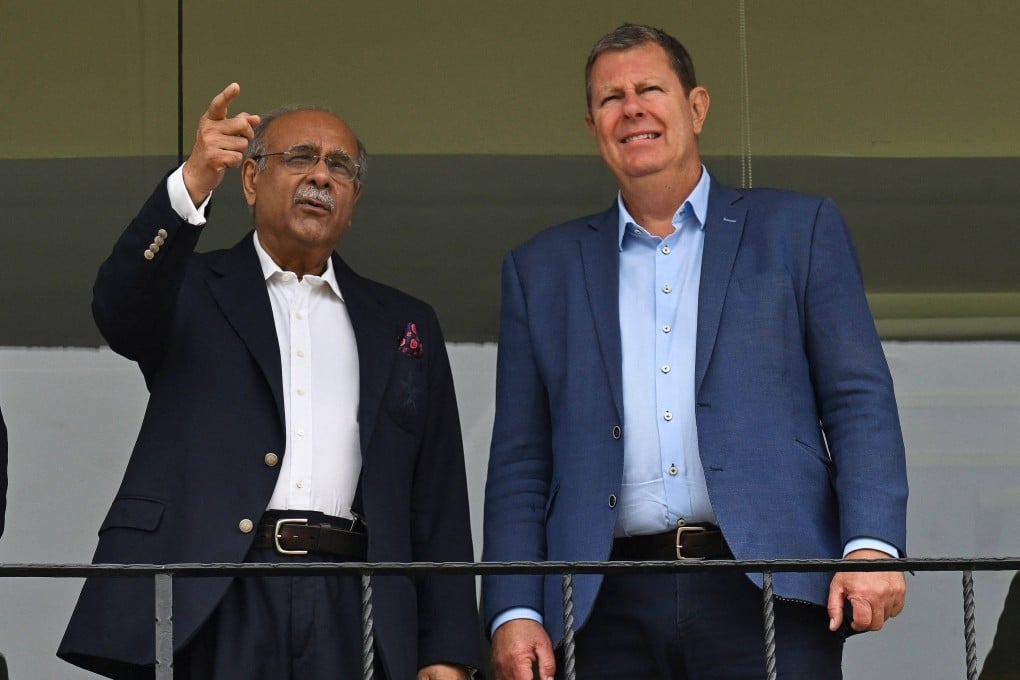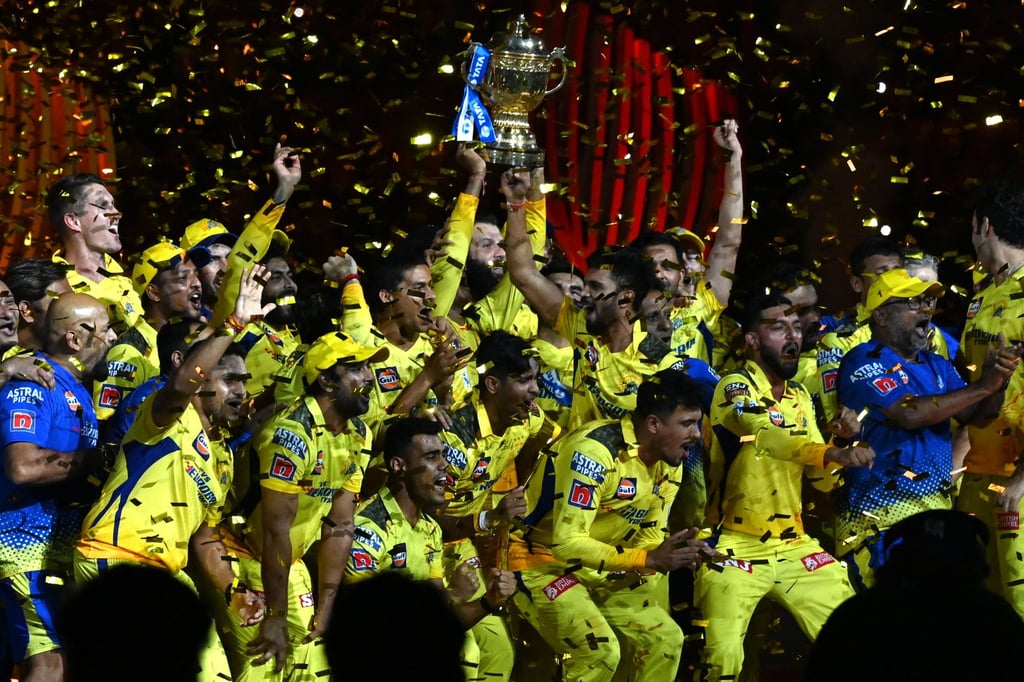New cricket revenue-sharing plan from ICC threatens growth of game, associate members say
- While the game’s 12 fat cats gorge themselves on commercial riches, the 94 smaller countries face having to split a meagre 11 per cent of the pie
- Cricket Hong Kong says need for development should carry ‘significantly more weight’ than it appears to get under new proposal

A proposal that would leave cricket’s cash-starved minnows without sufficient funding could stall the growth of the game, according to several associate nations.
While the game’s 12 fat cats gorge themselves on the commercial riches generated by the IPL and other high-profile tournaments, the 94 smaller countries and territories face having to split a meagre 11 per cent of the pie among themselves.
A new revenue sharing model for the 2024-27 cycle proposed by the International Cricket Council, which will be voted on at its July board meeting, would hand 38.5 per cent to India alone.
Another 50.31 per cent would be divided by the likes of England, Australia and Pakistan, while associations such as Hong Kong, Nepal and Thailand would get what was left.
The ICC has not commented on the figures, while Pakistan have already made their opposition clear and resentment is building among other, less developed, cricketing nations.

Cricket Hong Kong, said it believed the need for development should carry “significantly more weight” than it appears to get under new proposal.